What is a Hot Wallet?
A hot wallet is a type of cryptocurrency wallet that is directly connected to the internet, allowing users to send, receive, and manage digital assets quickly and flexibly. Hot wallets typically have a simple user interface and can be accessed via computer or mobile applications without needing complex software installations.
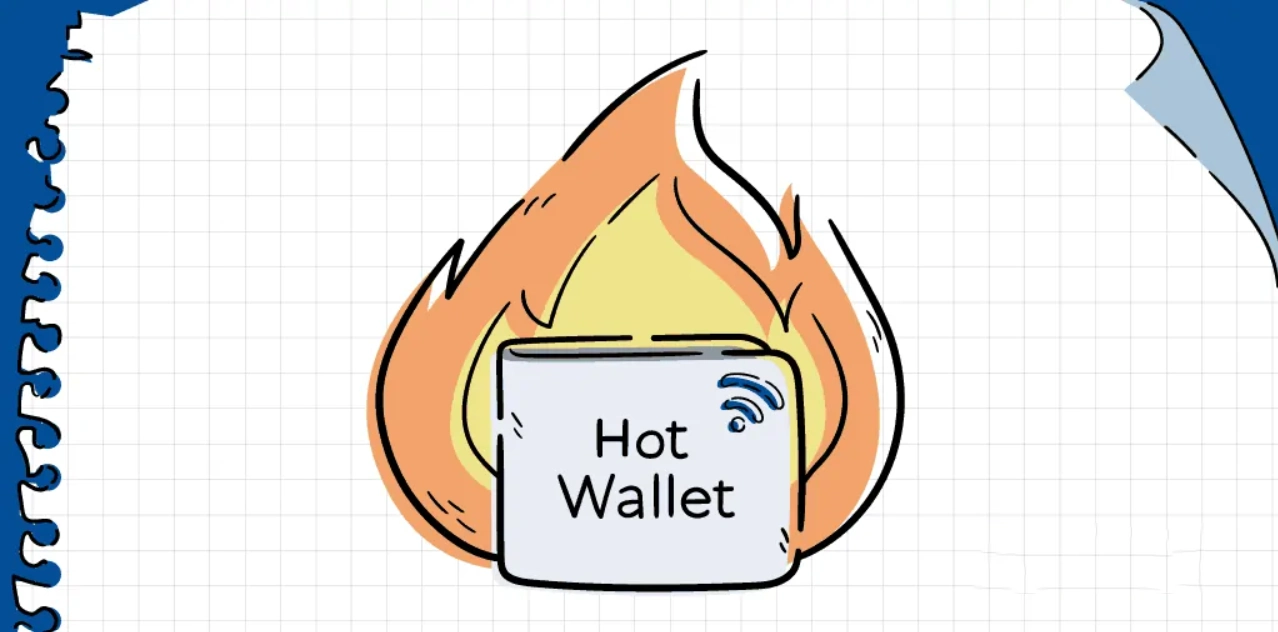
However, the convenience of hot wallets also comes with significant security risks. Storing large amounts of cryptocurrency in a hot wallet connected to the internet can be risky. If a hacker attacks or steals your login information, all your assets could be taken without additional protection.
For this reason, it is crucial to manage and securely protect the private key and seed phrase of your hot wallet. Losing assets due to exposed or forgotten access information is unfortunately common.
For absolute security, users should use cold wallets to store large amounts of cryptocurrency, while hot wallets should only be used for transactions requiring quick liquidity. Adhering to basic security principles is vital when using any type of wallet.
Types of Hot Wallets
After understanding what a hot wallet is, it can be classified based on different criteria, the most common being operating platform, security features, and storage method. Here are some basic classifications:
By Operating Platform
- Web-based Hot Wallets: Online wallet services that users can access via a web browser without downloading software.
- Mobile Hot Wallets: Mobile applications installed on a user’s phone or tablet, allowing convenient cryptocurrency transactions and management.
- Desktop Hot Wallets: Software installed on a personal computer, typically used to store and manage a large amount of cryptocurrency.
By Security Features
- Multi-signature Wallets: Require confirmation from multiple digital signatures before executing a transaction, enhancing security.
- Forgery Detection Wallets: Provide tools to detect and prevent fraudulent transactions, protecting user assets.
By Storage Method
- Custodial Wallets: Require users to entrust their cryptocurrency control to a third party, such as an exchange or online wallet service. This is convenient as users do not need to worry about maintaining private keys, but it involves risks related to personal information and security. Examples: Binance, Bybit, OKX.
- Non-custodial Wallets: Users manage and control their private keys entirely. The user’s assets are stored on a device or in wallet software only they can access and control. This offers higher levels of control and security, but users must take responsibility for protecting and backing up their private keys. Examples: Metamask, Trust Wallet.
How Hot Wallets Work
As a type of cryptocurrency wallet, a hot wallet functions similarly to an electronic wallet.
Cryptocurrency wallets store and manage your digital assets. They operate based on a pair of public and private keys. The public key acts like a wallet address, allowing you to receive digital assets, while the private key is the “key” to access and execute transactions from your wallet. The private key must be absolutely secure.
When sending cryptocurrency, the sender uses their private key to sign a transaction from their wallet. Nodes in the network verify and record this transaction on the blockchain. The digital assets are then transferred to the recipient’s wallet.
In custodial hot wallets, a third party manages the private key and signs transactions on your behalf. This can slow down transaction speed but simplifies the process for users. Conversely, non-custodial hot wallets let you manage your private key and sign transactions, offering faster speeds but requiring more responsibility.
Should You Use a Hot Wallet?
Hot wallets, a popular method for storing cryptocurrency among investors, have benefits and limitations that must be considered carefully.
Advantages of Hot Wallets:
- Easy to log in and conduct transactions anytime and anywhere, without depending on other devices.
- Able to store a variety of different cryptocurrencies, offering flexible trading and payment options.
- Free storage, a significant plus for investors. Transactions through hot wallets are simple and convenient, often without transaction fees.
Disadvantages of Hot Wallets:
- Lower security due to internet connectivity, making them susceptible to hacker attacks and data theft.
- Logging into a hot wallet requires multiple identity verifications, complicating the transaction process.
- Risk of losing all digital assets if your phone or computer is stolen, lost, or damaged.
Risks and Recommendations for Using Hot Wallets
Despite the convenience and flexibility of hot wallets, there are risks to be aware of:
- Risk of Hacks: Being connected to the internet increases the likelihood of hacker attacks and asset loss. Hackers may use phishing or malware. To mitigate this risk, stay informed and follow reliable sources in the crypto community.
- Risk of Password Loss: Losing your password can lock you out of your assets. To prevent this, note down your wallet password (private key) and store it in a secure and memorable place.
- Risk of Losing Storage Device: Losing or having your storage device stolen is possible. To minimize this risk, enable two-factor authentication (2FA) for your wallet if available, avoid storing too many assets in one wallet, distribute assets across different wallets, and only use hot wallets for transactions, not long-term storage.
Hot Wallet or Cold Wallet?
Choosing between a hot wallet and a cold wallet depends on individual needs and circumstances:
Hot Wallets Are Suitable For:
- New Cryptocurrency Investors: With easy usage and simple operations, hot wallets are ideal for beginners. For small asset amounts, absolute security is not a primary concern. Hot wallets help users understand transaction processes and limit risks while learning.
- Frequent Cryptocurrency Traders: Offering speed, simplicity, and convenience, hot wallets are the best choice for daily transactions. Investors can use exchange wallets for this purpose.
Cold Wallets Are Suitable For:
- Long-term and Value Investors: Those who do not frequently trade cryptocurrencies. For long-term storage, cold wallets are seen as the safest choice to avoid asset loss.
- Investors with Large Cryptocurrency Holdings: For substantial asset amounts, cold wallets are the best option. Cold wallets are regarded as the most secure type, with near-absolute safety due to minimal internet connectivity, providing reliable asset protection.
Related: What is a Cold Wallet? Top 3 Best Cold Wallets in the Crypto Market
Conclusion
For new investors exploring the cryptocurrency market, understanding hot wallets is crucial for effectively protecting and managing assets. Before choosing a hot wallet, carefully consider and research available security methods and ensure selecting a reliable and secure hot wallet. Doing so allows you to enjoy the benefits of hot wallets without worrying excessively about asset loss.
Do you now understand what a hot wallet is? If you have any questions or concerns, leave a comment below for immediate clarification!

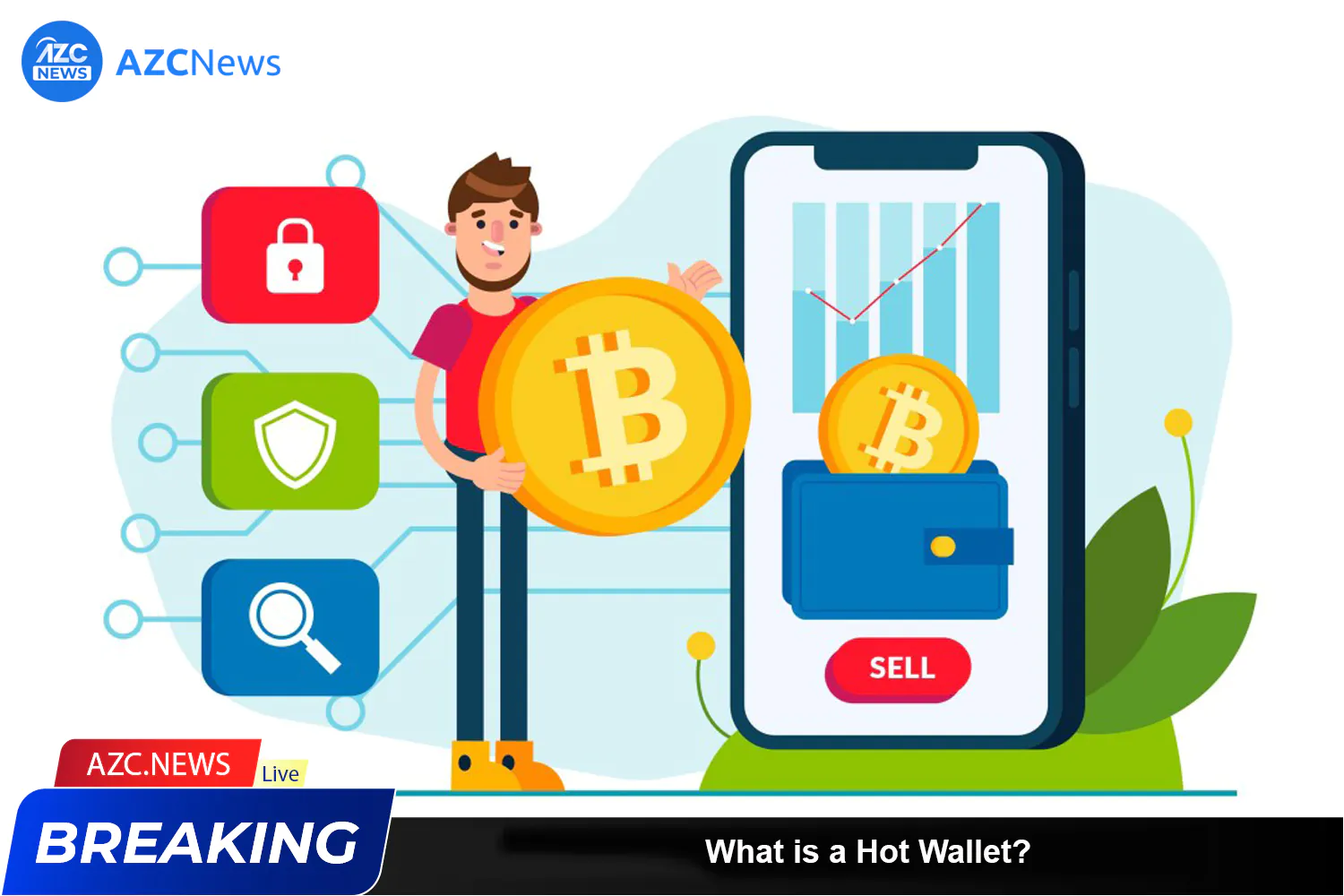
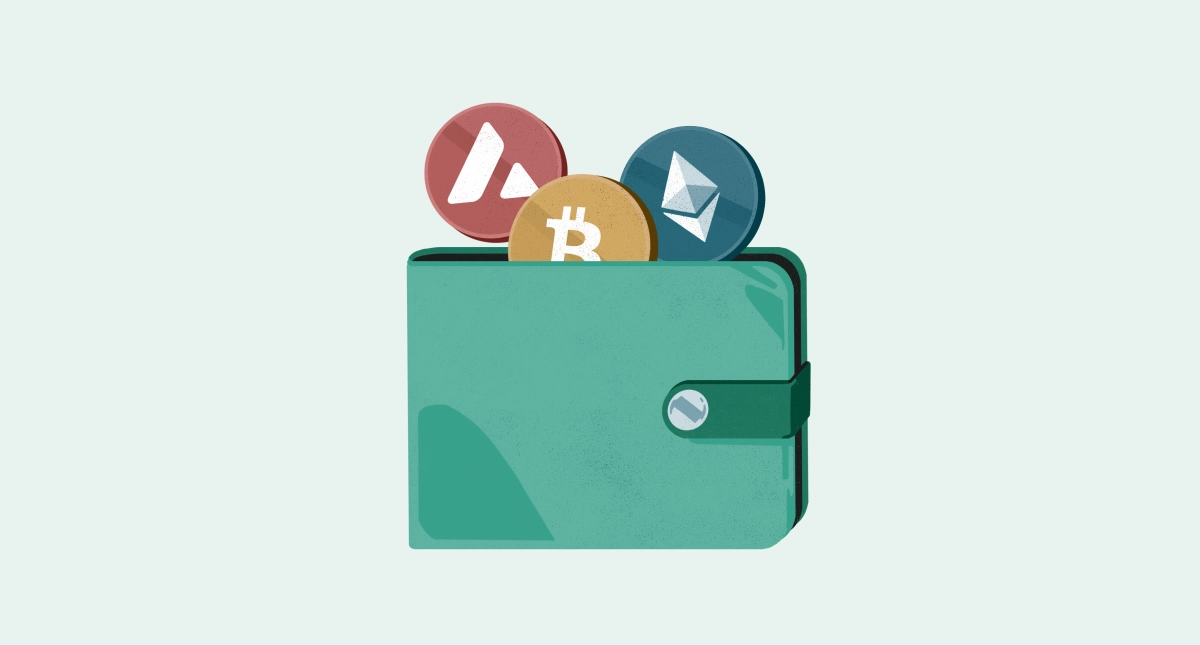
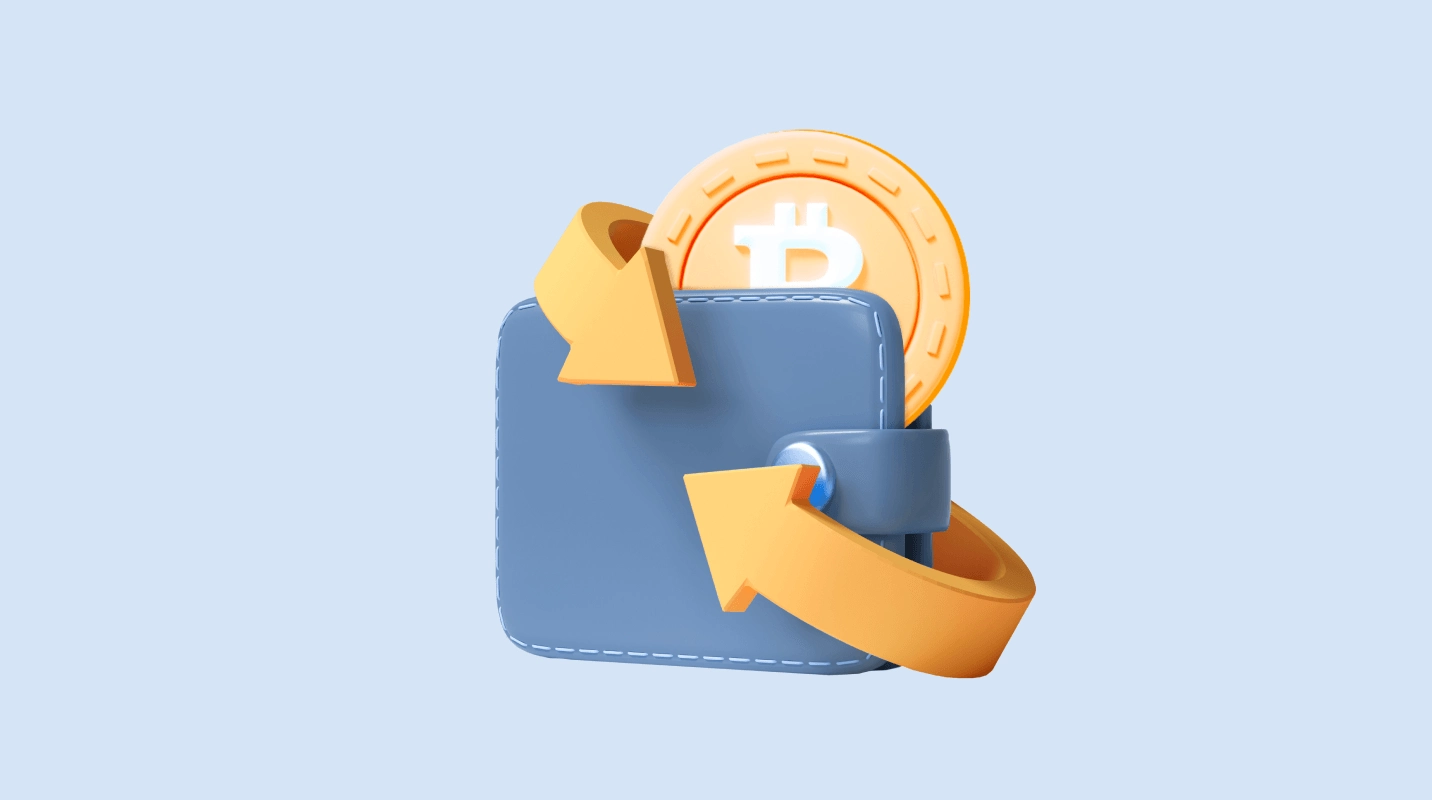
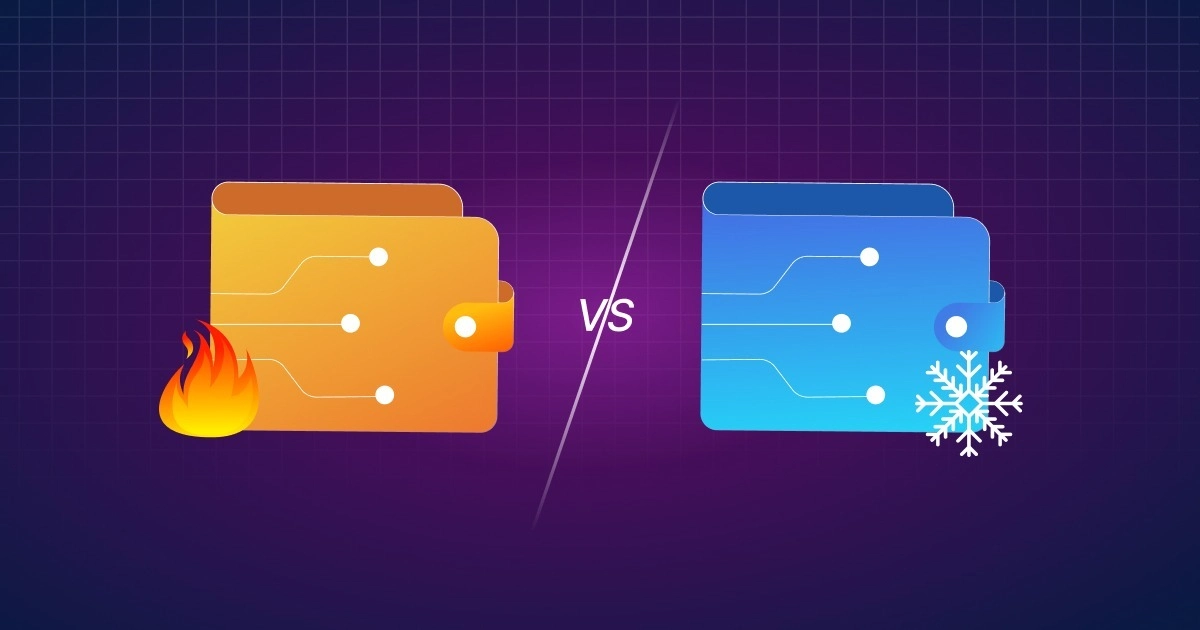






Saya memakai kedua dompet tersebut..😁😁😁